Cats, with their mysterious demeanor and enigmatic eyes, often keep their emotions well-guarded. However, as much as they try to play the part of independent creatures, they form deep attachments to their human companions. If you’ve ever noticed your feline friend acting a bit differently when you’re preparing to leave the house, it might be because they’re afraid you’re leaving for good. Understanding these signs can help you reassure your kitty and ensure they feel secure and loved, even when you’re away.
Unusually Clingy Behavior
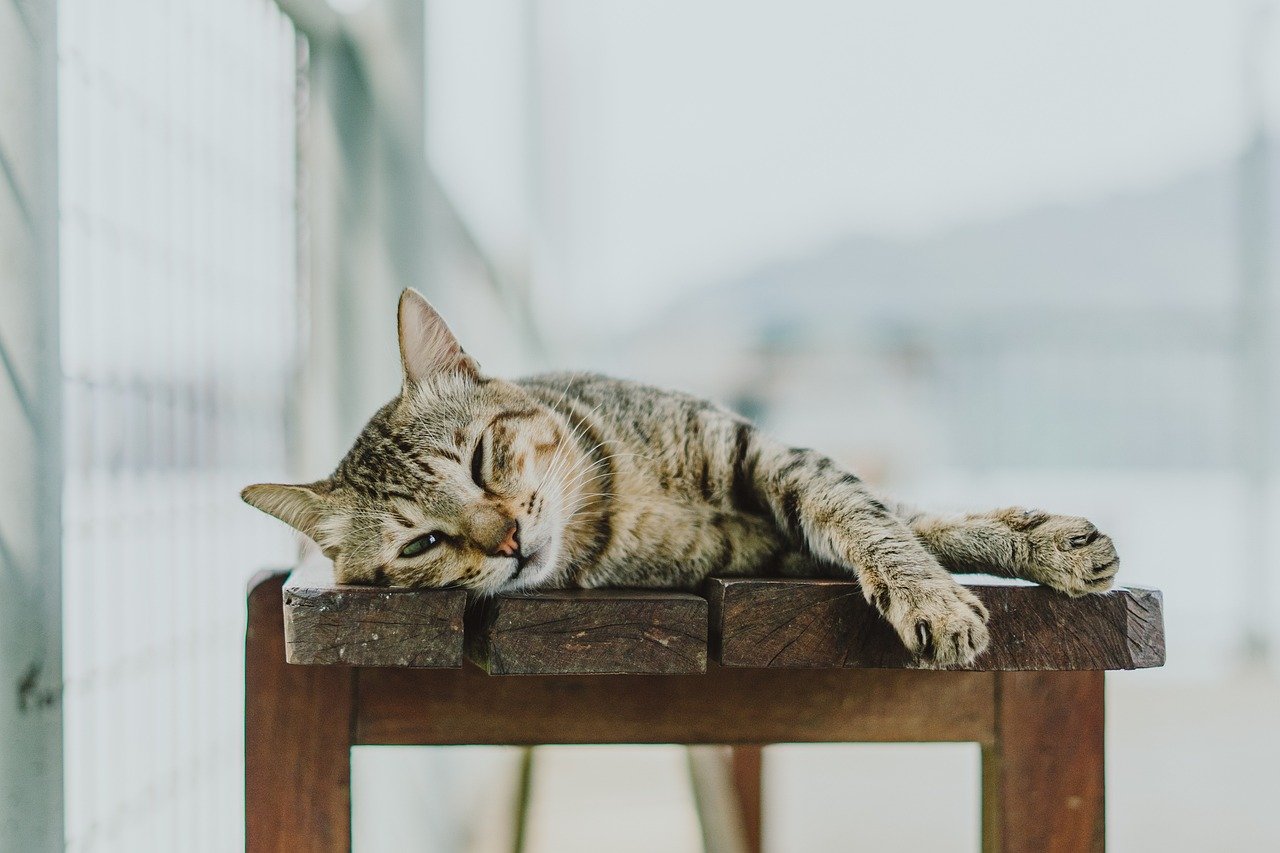
One of the most evident signs that your cat is worried about you leaving is an increase in clingy behavior. If your usually independent kitty suddenly wants to be in your lap all the time or follows you from room to room, they might be seeking reassurance. This constant shadowing can be their way of asking, “Are you leaving me?” It’s akin to a child holding onto their parent’s leg when they sense a departure. This behavior showcases their need for security and love, emphasizing the bond they share with you.
Excessive Meowing
Cats communicate in many ways, but meowing is one of their primary methods of getting your attention. If your cat starts meowing excessively when you’re getting ready to leave, it might be their way of expressing anxiety. This vocalization can range from soft, pleading mews to louder, more insistent cries. It’s as if they’re trying to say, “Please don’t go!” This increase in vocal communication is their way of expressing their feelings, hoping you’ll understand and provide comfort.
Hiding or Retreating
While some cats become clingy, others might retreat altogether. If your cat starts hiding more than usual, especially as you’re preparing to leave, it could be a sign of stress. This behavior is their way of coping with the anxiety of your departure, much like a person might retreat to a quiet place to gather their thoughts. It’s essential to recognize this as a sign of fear rather than indifference. Offering a cozy space or a comforting item of yours can help ease their mind.
Changes in Appetite
A sudden change in your cat’s eating habits can be a significant indicator of stress. If your feline friend suddenly loses interest in their food or begins overeating, it might be due to anxiety about your absence. Just as humans might reach for comfort food or lose their appetite during stressful times, cats can exhibit similar behaviors. Monitoring their eating habits and ensuring they have a routine can help alleviate some of this anxiety.
Destructive Behavior
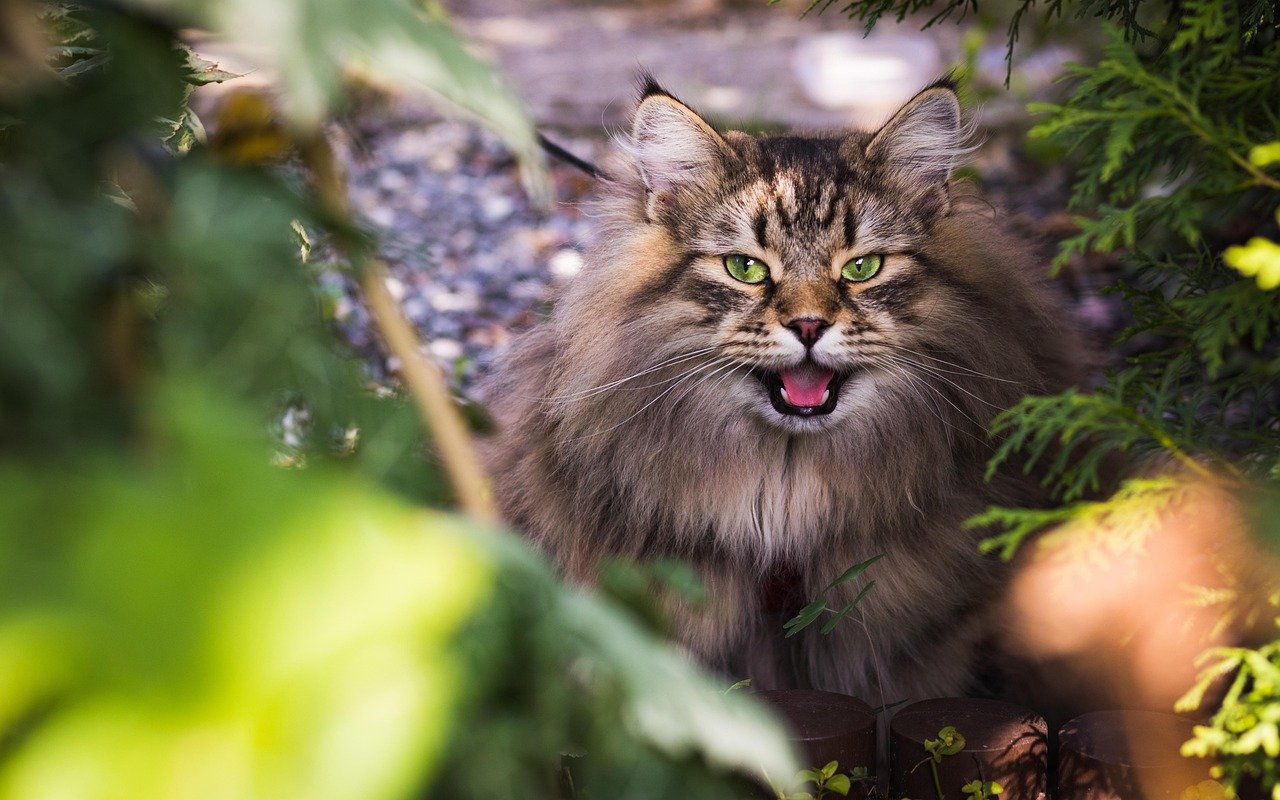
If your furniture suddenly becomes the target of your cat’s claws, or if they start knocking things over more frequently, it might be a sign of distress. Destructive behavior can be a way for cats to express their anxiety and frustration. Think of it as a child throwing a tantrum when they can’t express their feelings verbally. Providing toys or scratching posts can help redirect this energy and reduce their stress.
Excessive Grooming
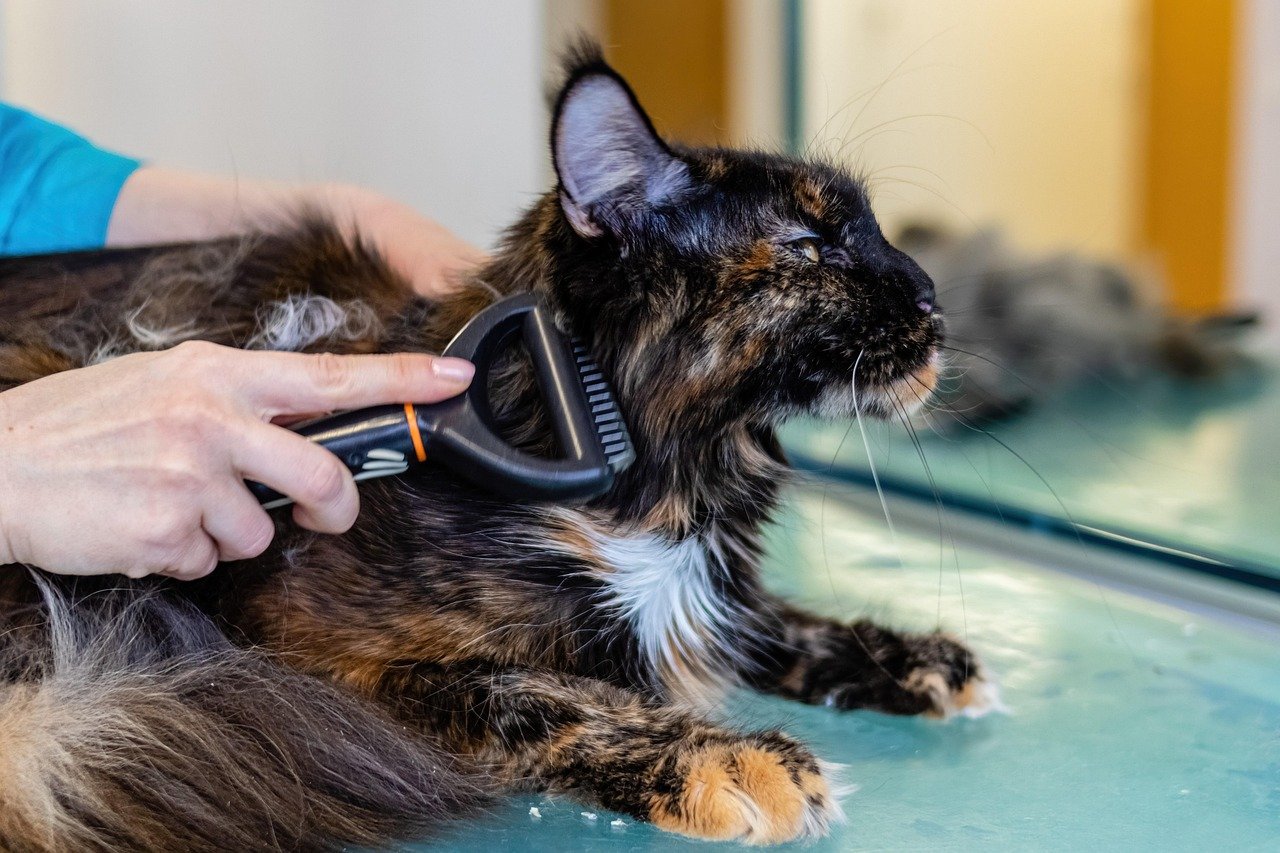
Cats are meticulous groomers, but when grooming becomes excessive, it can be a sign of stress. If you notice bald patches or irritated skin, your cat might be grooming too much due to anxiety about your absence. This behavior is similar to humans biting their nails or twirling their hair when nervous. Offering distractions and ensuring they have plenty of toys can help reduce this compulsive behavior.
Changes in Litter Box Habits
A sudden change in litter box habits, such as urinating outside the box, can be a clear sign of stress. If your cat starts having accidents, it might be because they’re anxious about you leaving. This behavior is often a cry for help, much like a toddler acting out when they feel neglected. Ensuring the litter box is clean and in a quiet, accessible location can help reduce this stress-induced behavior.
Increased Aggression
If your usually gentle cat starts hissing or swatting more often, it could be a sign of anxiety. Aggression can be a defense mechanism when they feel threatened or insecure. In this context, your departure might be perceived as a threat to their stability. Providing a consistent routine and plenty of attention when you’re home can help alleviate this aggression.
Overly Attentive Behavior
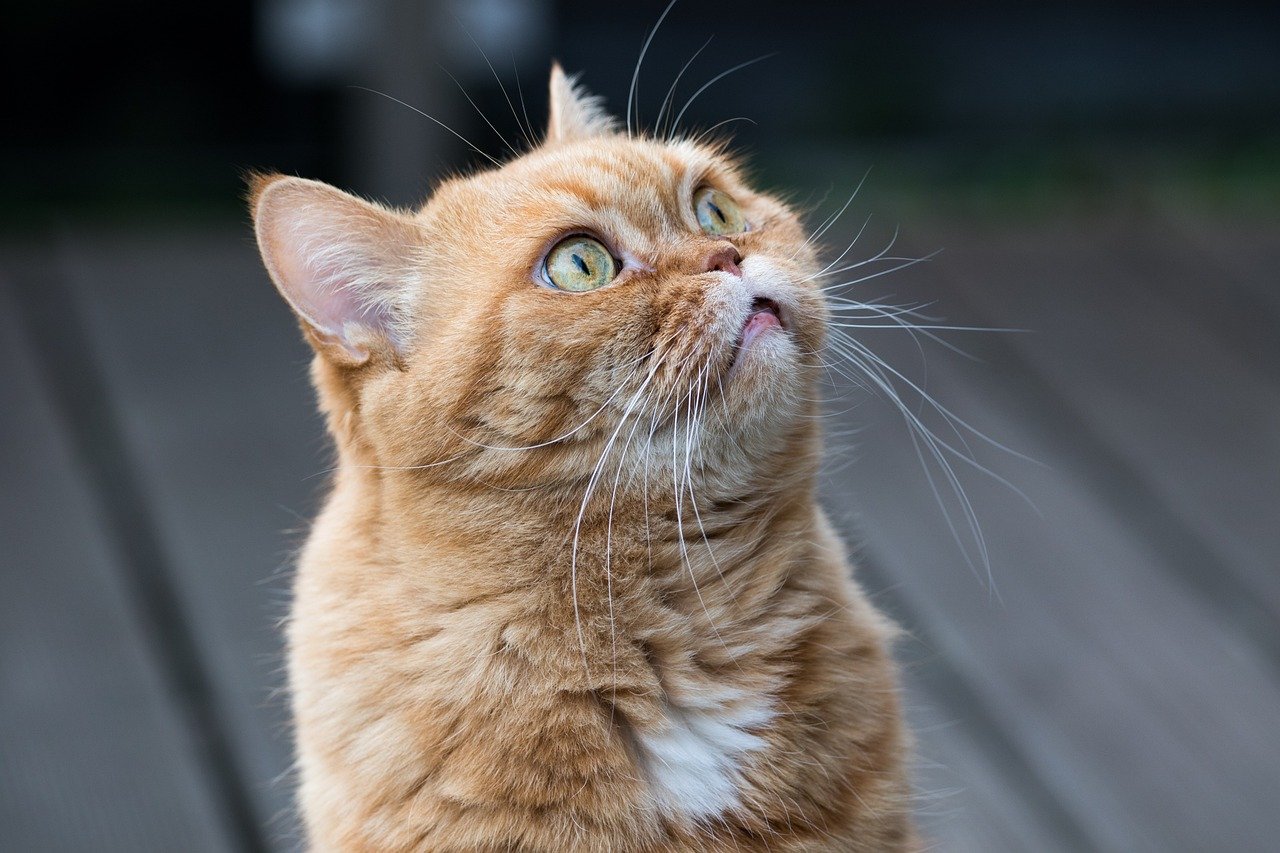
Some cats might become overly attentive, watching your every move as if trying to memorize your routine. This behavior can be a sign that they’re anxious about your departure and trying to anticipate when you’ll leave. Much like a detective piecing together clues, your cat is trying to understand the pattern in hopes of finding reassurance.
Unusual Sleeping Patterns
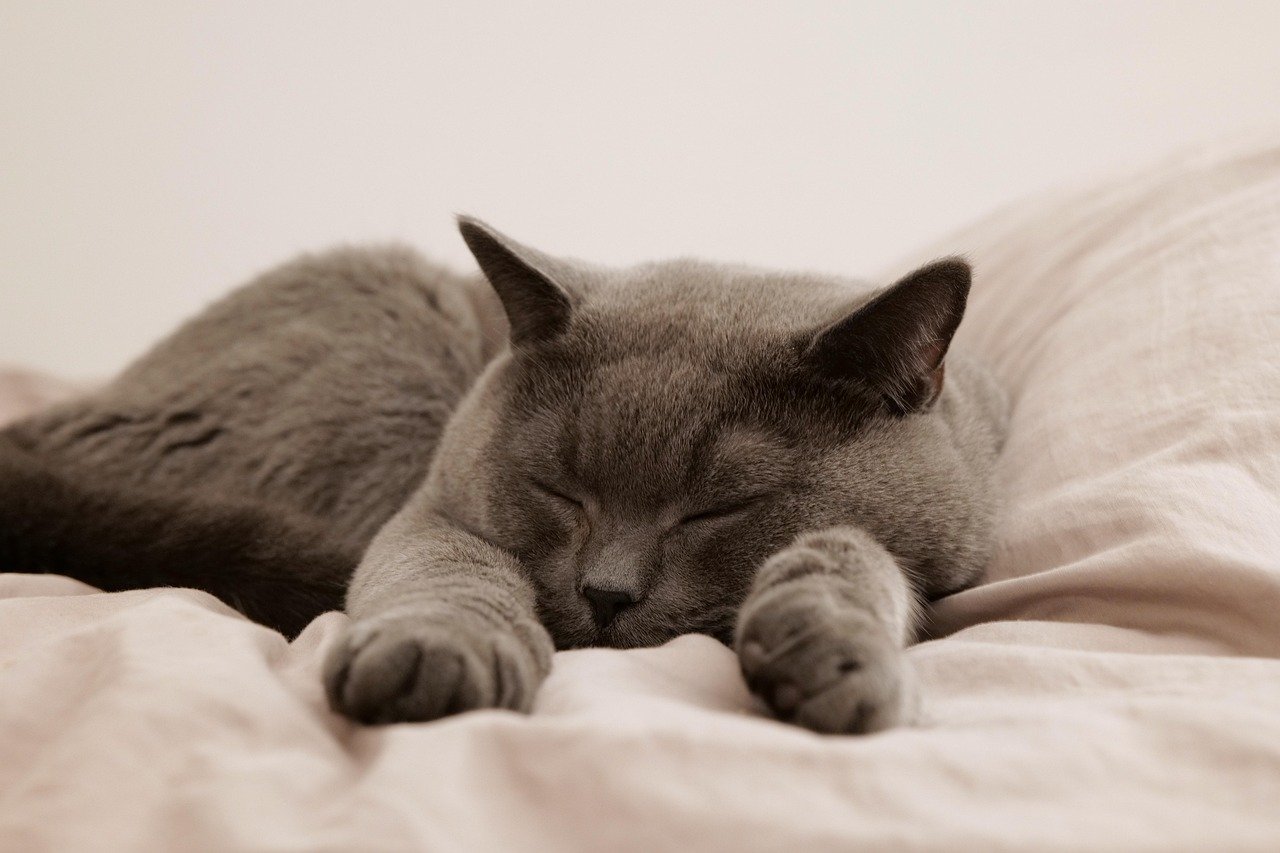
Changes in sleeping patterns can also indicate stress. If your cat starts sleeping more or less than usual, it might be due to anxiety about your absence. This behavior is similar to how humans might toss and turn during stressful times or sleep more to escape their worries. Ensuring they have a comfortable sleeping environment can help mitigate this anxiety.
Excessive Purring
While purring is often associated with contentment, excessive purring can sometimes be a sign of distress. If your cat starts purring loudly and frequently when you’re preparing to leave, it might be their way of self-soothing. This behavior is akin to a person humming or tapping their foot to calm their nerves. Recognizing this as a sign of anxiety can help you provide the reassurance they need.
Attention-Seeking Behavior
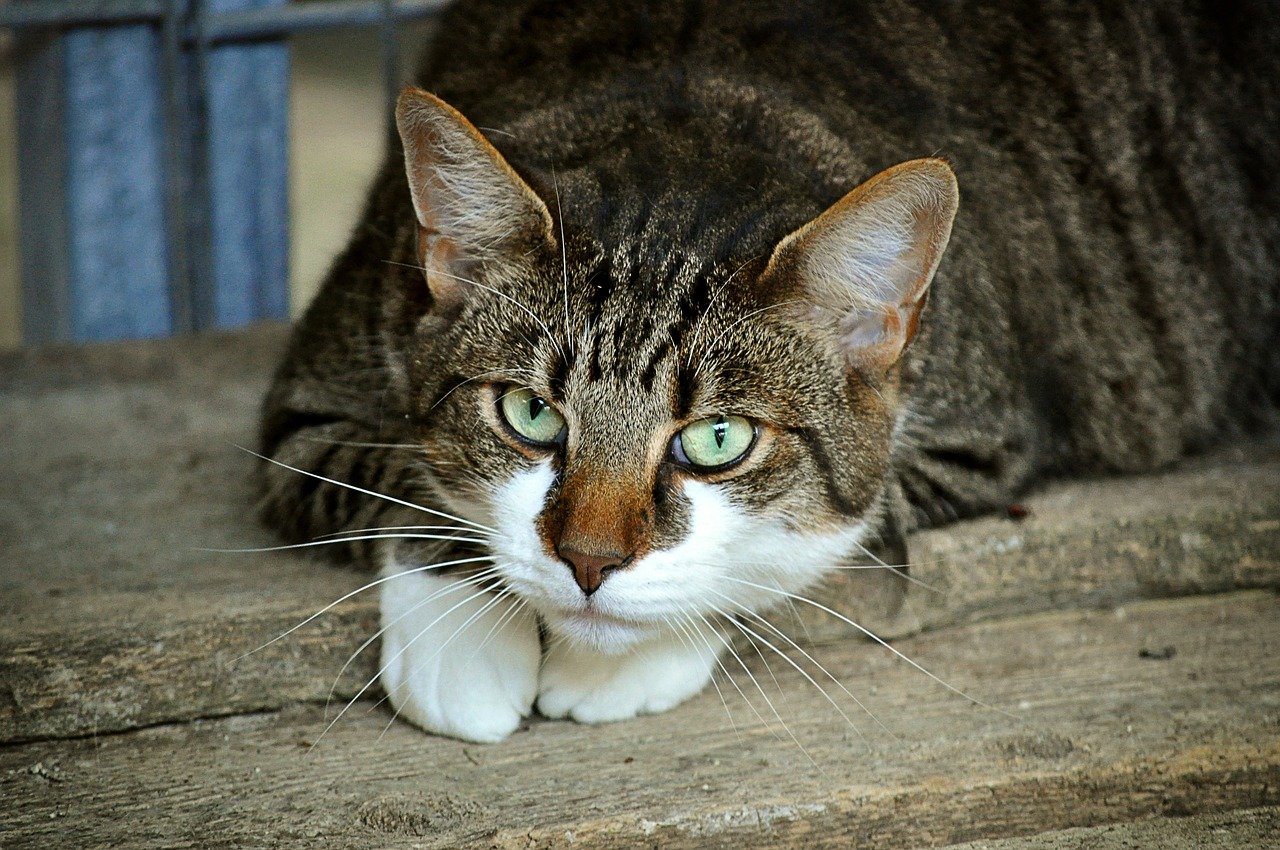
If your cat starts doing things to get your attention, such as knocking over items or sitting on your belongings, they might be feeling anxious about your departure. This behavior is similar to a child acting out to get a parent’s attention. Offering interactive playtime and plenty of affection when you’re home can help reduce this anxiety.
Increased Vocalization at Night

If your cat starts vocalizing more at night, it might be a sign of anxiety. This behavior can be due to the absence of your presence, as nighttime can be particularly lonely for them. Providing a comforting bed or a nightlight can help ease this nighttime anxiety.
Pacing or Restlessness
If you notice your cat pacing or appearing restless, it might be because they’re anxious about your absence. This behavior is similar to a person pacing when they’re nervous or worried. Providing a consistent routine and ensuring they have plenty of toys to occupy their time can help reduce this restlessness.
Change in Behavior When Packing
If your cat seems particularly anxious when you start packing a suitcase or gathering your belongings, it might be because they associate these actions with your departure. This behavior is similar to a child becoming anxious when they see a parent getting ready for work. Offering extra attention and reassurance during these times can help ease their anxiety.
Loss of Interest in Play
If your cat suddenly loses interest in their favorite toys or activities, it might be due to anxiety about your absence. This behavior is similar to how humans might lose interest in hobbies during stressful times. Ensuring they have plenty of stimulating toys and activities can help keep them engaged and reduce their anxiety.
Sudden Startling
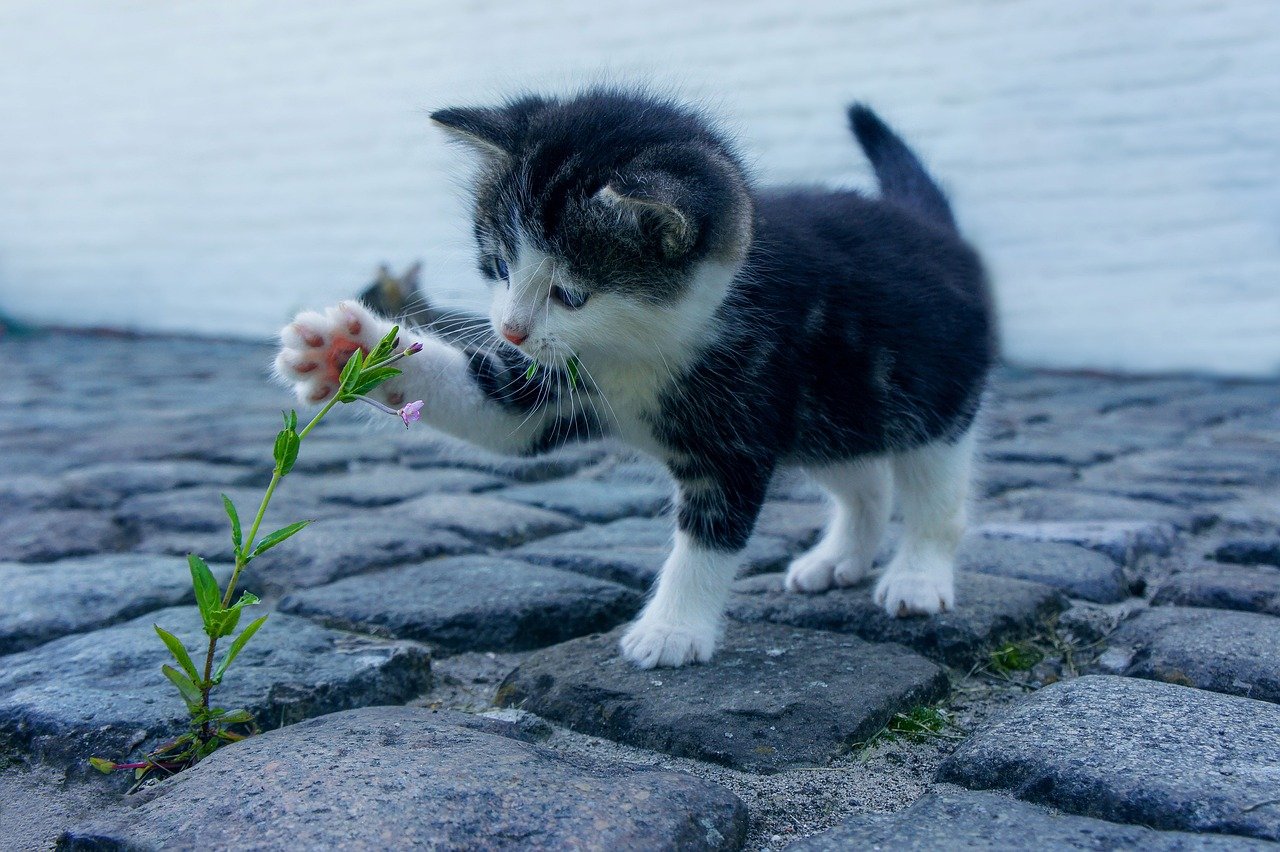
If your cat seems more jumpy than usual, it might be because they’re feeling anxious about your departure. This behavior is similar to a person being easily startled when they’re on edge. Providing a calm and stable environment can help reduce this anxiety.
Increased Dependency on Other Pets
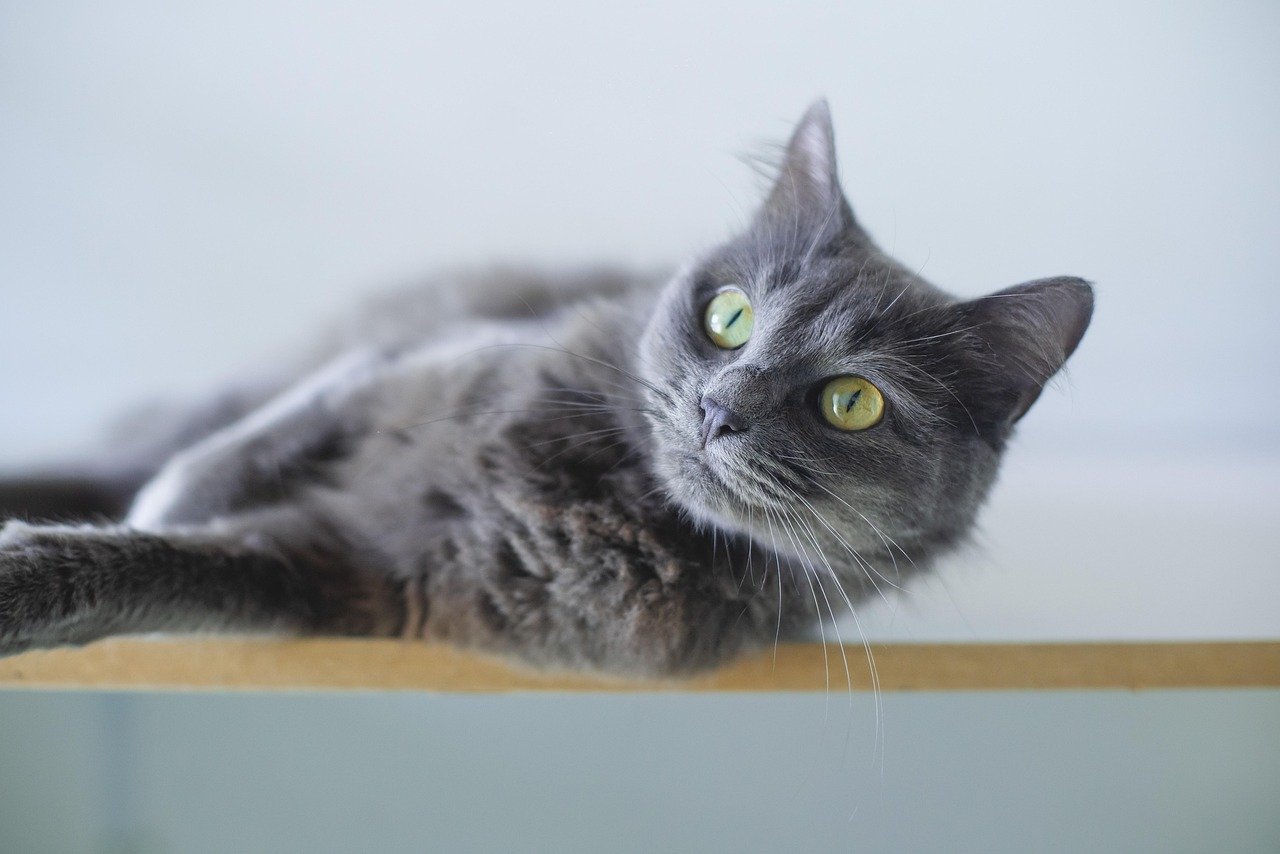
If you have other pets, you might notice your cat becoming more dependent on them when you’re preparing to leave. This behavior can be a sign that they’re seeking comfort and reassurance from their furry companions. Ensuring all your pets have plenty of attention and interaction can help reduce this dependency.
Changes in Routine

If your cat starts altering their routine, such as staying awake during the day and sleeping at night, it might be due to anxiety about your absence. This behavior is similar to how humans might change their routines during stressful times. Providing a consistent and stable environment can help reduce this anxiety.
Increased Affection Upon Return
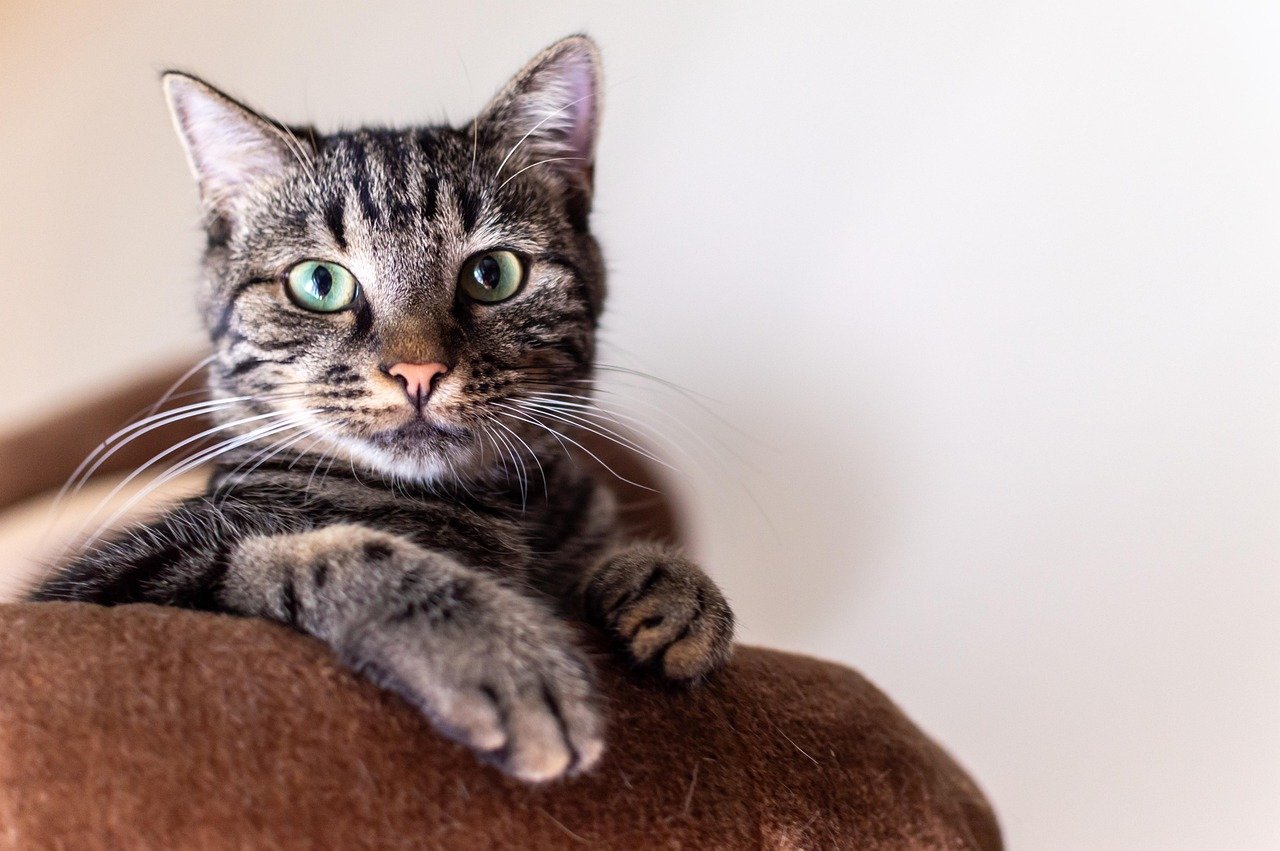
When you return home, if your cat greets you with an unusual amount of affection, it might be because they were anxious about your absence. This behavior is similar to a child running into a parent’s arms after being apart. Recognizing this as a sign of relief and reassurance can help you provide the comfort they need.
Hi, I’m Bola, a passionate writer and creative strategist with a knack for crafting compelling content that educates, inspires, and connects. Over the years, I’ve honed my skills across various writing fields, including content creation, copywriting, online course development, and video scriptwriting.
When I’m not at my desk, you’ll find me exploring new ideas, reading books, or brainstorming creative ways to solve challenges. I believe that words have the power to transform, and I’m here to help you leverage that power for success.
Thanks for stopping by, Keep coming to this website to checkout new articles form me. You’d always love it!






